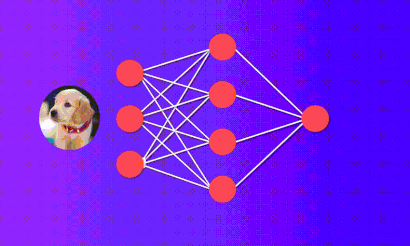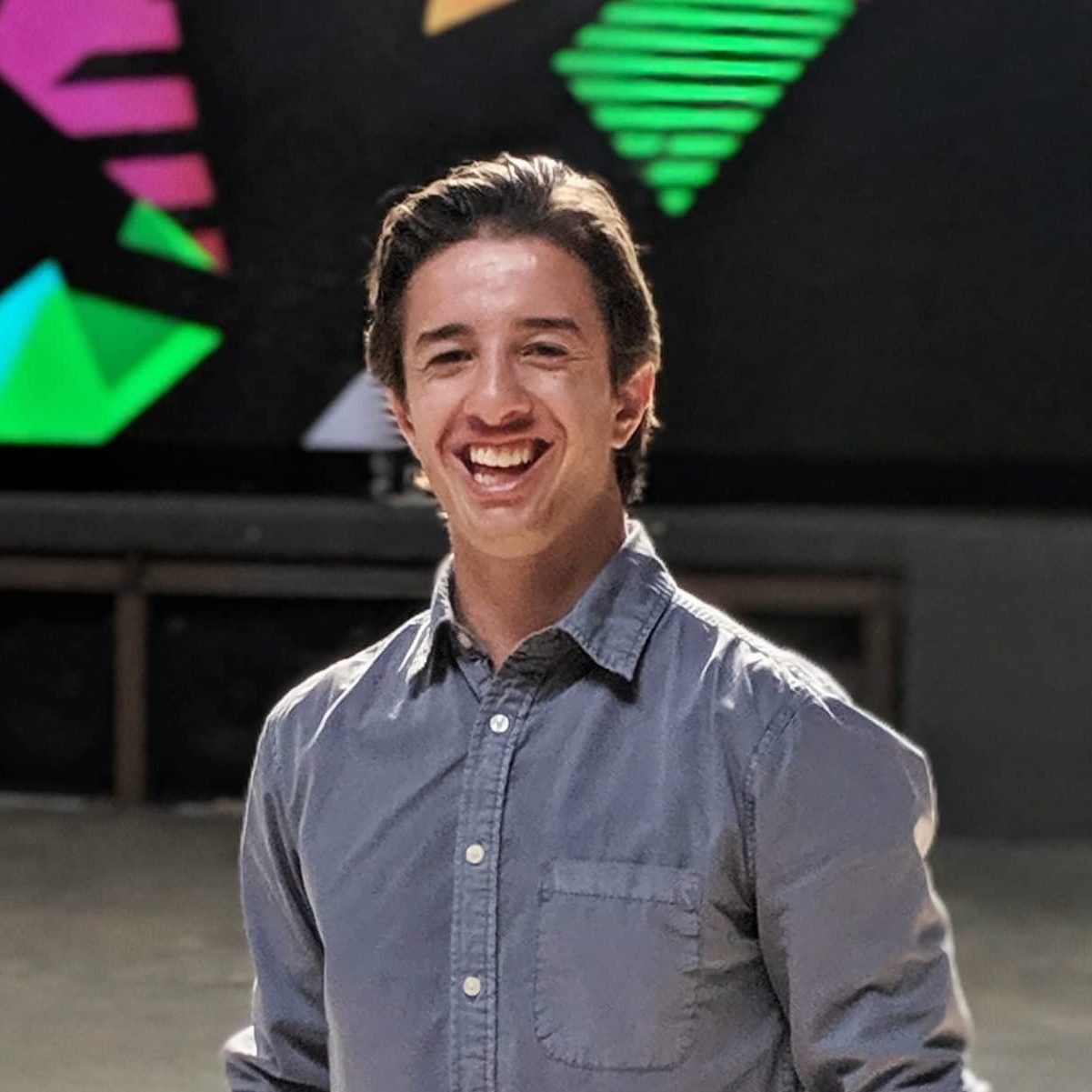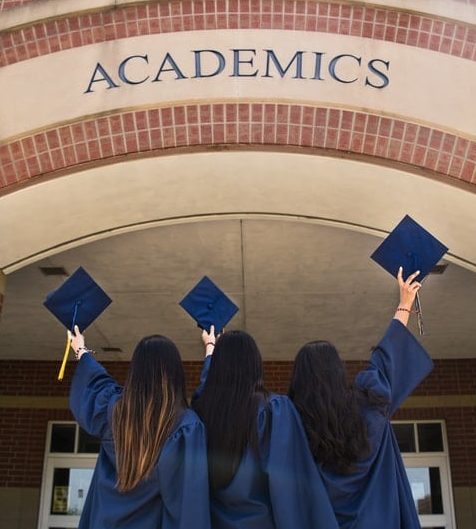Breakout Mentors provides the most hands-on way to learn Machine Learning for high school students. Machine learning (ML) studies techniques to solve complex tasks using data. Unlike traditional software, ML algorithms can adapt and improve their performance and have become increasingly important in today’s world of big data. These algorithms power many applications, from search engines to speech recognition, disease detection, and semi-autonomous vehicles.
Our students learn to solve real-world problems using modern tools to make their own machine learning models. Each student is carefully matched with an exciting mentor who will customize the project-based learning, solving problems that interest them from day one.
Our curriculum: example student projects
Students work on real-world artificial intelligence projects using datasets based on their interests. Within a few months they’ll be amazed at what they can accomplish. Here are just a few of the projects students have made with their mentor:
Automatic Handwritten Character Recognition — automatically recognize handwritten digits and letters
Generative Irish Folk Music Maker — generate Irish folk music based on thousands of examples
Sentiment detection — use natural language processing to analyze the emotion in text
Picasso Style Generator — convert an image into a painting in Picasso’s style
Pet Detector — tell whether an image contains a cat or a dog
Additional resources:
- Actual Student Results from Our AI Machine Learning Students
- Sentiment Detection Project Highlights – High School Machine Learning
- One Student’s Machine Learning Success Story – Are You Next?
- Kids Coding Student Explains his Python AI for Gin Rummy
Is this right for me?
It’s ok if you don’t have an extensive data background — we only require 6 months of coding experience and comfort with algebra. The field of data science is distinct enough from high school computer science and mathematics that we’ll cover what beginners need to know.
We’ve also had great success with advanced students. Once the student is familiar with the foundations of ML, we focus on Capstone Projects. These projects, chosen by the student, are ambitious and can take a month or more to complete. Capstone projects are an excellent way for students to apply their knowledge to active research problems in ML and are a great addition to their college applications or resume.
My son had been coding for fun for a while, but he wanted to be challenged. I signed him up for Breakout Mentors with a special ask to find a mentor who could guide my son on Machine Learning concepts. They came through for us and my son has stellar mentors who guide him, push him, and help him grow to new levels! It’s been a year now and my son’s interest and learning has flourished by leaps and bounds, to the extent that he is confident about participating in competitions and creating ML projects (spanning NLP, deep learning etc.) on his own. I can’t thank Brian, Kai and the team enough for helping my son bring finesse to subject knowledge and execution skills that are needed to be successful in high school and college.
Father of 15 year old in San Jose
Our philosophy: teach the whole game and learn by doing
Many ML courses begin by asking students to trudge through definitions of complex theorems and dense mathematics without touching actual working code. These resources teach disconnected fundamentals and promise they will pay off later, long after students have lost interest in the subject.
We take a different and unique approach: teach the whole game. That means if we were teaching basketball, we first take the students to a basketball game or get them to play it. We don’t start by teaching them Newton’s Laws of Motion or the coefficient of restitution of a bouncing ball.
That’s why, starting from the first lesson, we get students to play with and build ML applications and challenge them to make these applications better. This approach encourages students to experiment, get creative, and gradually learn all the theoretical foundations they need in context so that they can see why it matters and how it works.
To support students, our ML mentors follow these principles:
- Teach the whole game. We’ll start by showing how to use a complete, deep-learning network to solve real-world problems using modern tools. Then, we’ll progressively dig deeper and deeper to understand how it derives from logistic regression, not traditional coding decision trees.
- Always teach through examples. We’ll introduce new topics in a context that students can intuitively understand and provide code they can play with rather than present complex algebraic formulas and technical jargon.
- Learn by doing. Whether students are excited to diagnose disease from x-rays, predict rainfall from weather patterns, real-time object recognition for self-driving cars, auto-generate music or paintings, or determine what animals the dog barks at when nobody is home, we enable students to learn by building ML applications to solve their problems.

Logistics that work for you
The weekly session time and location will fit conveniently into your schedule, considered when pairing your son or daughter with the perfect mentor. Most sessions are held online, but you can also meet in person in the San Francisco Bay Area (students travel to the college campus for an empowering learning experience or in-home may be available for an extra-charge).




